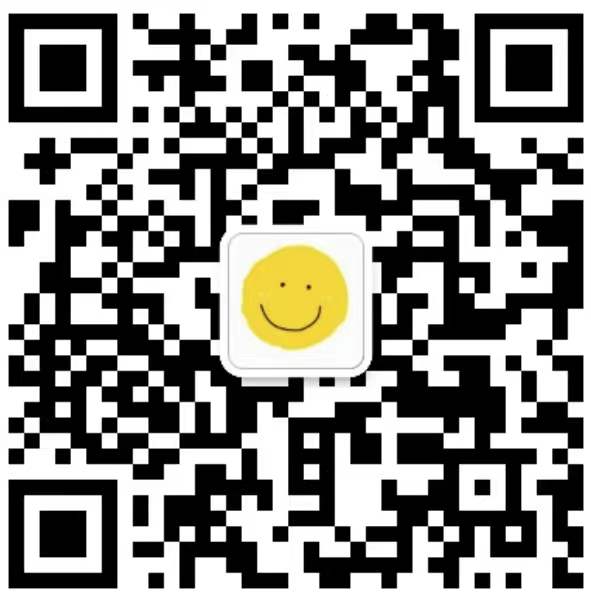News
Unlocking the Potential of Materials: The 100kN Tensile Stress Tester
Unlocking the Potential of Materials: The 100kN Tensile Stress Tester
Material testing is at the heart of quality assurance in industries ranging from construction to aerospace. Among the various testing machines available, the 100kN Tensile Stress Tester stands out as a versatile and powerful tool designed to measure the tensile strength, elasticity, and deformation behavior of materials under stress. In this blog, we’ll dive into what makes this machine essential for ensuring material performance and reliability.
What Is a 100kN Tensile Stress Tester?
A 100kN Tensile Stress Tester is a universal testing machine designed to apply a maximum tensile force of 100 kilonewtons (kN) to test specimens. It is used to evaluate the tensile properties of materials such as metals, polymers, composites, and more.
The machine stretches the specimen until it breaks, recording critical data such as ultimate tensile strength, yield strength, elongation, and modulus of elasticity. This information is crucial for material selection, design validation, and quality control.
Applications of a 100kN Tensile Stress Tester
Metals and Alloys:
Assess strength and ductility for structural applications.
Ensure compliance with standards for aerospace, automotive, and construction industries.
Polymers and Plastics:
Determine tensile strength and elongation for packaging or engineering materials.
Evaluate consistency in batch production.
Composites:
Test hybrid materials for aerospace and marine industries.
Analyze failure mechanisms.
Rubber and Elastomers:
Measure elongation and tensile modulus for seals, tires, and gaskets.
Textiles and Fabrics:
Evaluate stretch and tear resistance for industrial or consumer use.
Key Standards for Tensile Testing
To ensure accurate and consistent results, the 100kN tensile stress tester adheres to several international standards, including:
ISO 6892: Metallic materials tensile testing at room temperature.
ASTM D638: Tensile properties of plastics.
ISO 527: Tensile properties of plastics and composites.
GB/T 228.1: Metallic material tensile testing.
JIS K7161: Testing methods for plastic tensile properties.
These standards specify specimen preparation, testing conditions, and data analysis methods.
Features of a 100kN Tensile Stress Tester
Modern tensile stress testers are engineered for precision and ease of operation. Key features include:
High-Capacity Load Cell:
Accurately measures forces up to 100kN.
Ensures high sensitivity and reliability.
Robust Frame Design:
Handles high forces with minimal deformation.
Ensures long-term durability and consistent performance.
Versatile Grips:
Accommodates various specimen shapes (e.g., flat, round).
Designed to minimize slippage and damage to specimens.
Digital Control and Data Acquisition:
Provides real-time test monitoring.
Offers detailed reports, including stress-strain curves, tensile strength, and elongation.
Advanced Software Integration:
Automates testing processes for high productivity.
Enables customizable test protocols to meet specific standards.
Testing Procedure
1. Specimen Preparation
Select specimens with dimensions compliant with the relevant standard.
Ensure the gauge length and cross-sectional area are accurately measured.
2. Machine Setup
Secure the specimen between the machine's grips.
Calibrate the load cell and input material details into the control system.
3. Test Execution
Apply tensile force at a constant rate of elongation or load as per the standard.
Monitor force and elongation until the specimen fails.
4. Data Analysis
Plot the stress-strain curve.
Extract key parameters such as:
Ultimate Tensile Strength (UTS): Maximum stress the material can withstand.
Yield Strength: Stress at which permanent deformation begins.
Elongation at Break: Measure of ductility.
Why Choose a 100kN Tensile Stress Tester?
Versatility: Suitable for a wide range of materials and industries.
Precision: High accuracy ensures reliable data for critical applications.
Compliance: Meets global standards for quality assurance.
Cost-Effectiveness: Long-term investment in material research and quality control.
Industries Benefiting from Tensile Stress Testing
Aerospace: Ensures lightweight yet strong materials for aircraft components.
Automotive: Validates crashworthiness and structural integrity.
Construction: Confirms the strength of steel bars, beams, and composite panels.
Manufacturing: Supports quality control and material development.
Conclusion
The 100kN Tensile Stress Tester is a cornerstone of modern material testing, offering unparalleled insights into material behavior under stress. By providing accurate, reliable data, it empowers industries to innovate and maintain the highest standards of quality and safety.
Are you ready to elevate your material testing capabilities? Contact us to learn more about 100kN tensile stress testers and how they can enhance your operations.
leather softness apparatus, JIS friction dyeing firmness testing machine, leather electric friction fading testing machine, Electrical insulation (high voltage resistance) testing machine for safety shoes
Categories
Contact Us
- +86-18615632092
- sophie@jnwtbte.com
- +86-18615632092
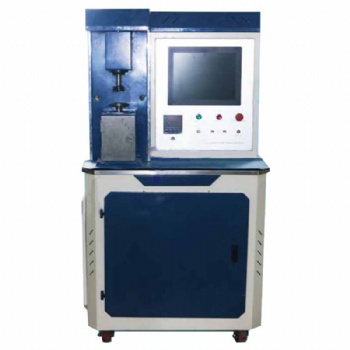
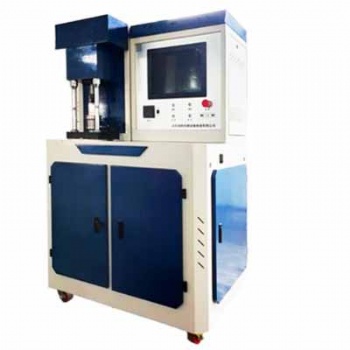
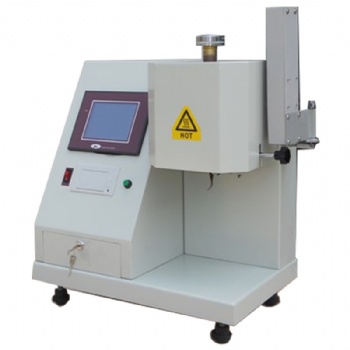
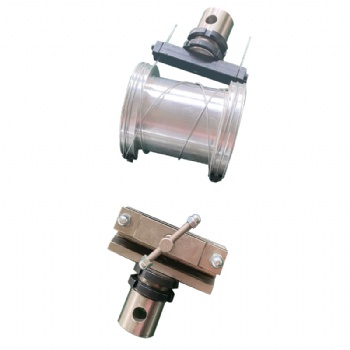
 售前客服
售前客服